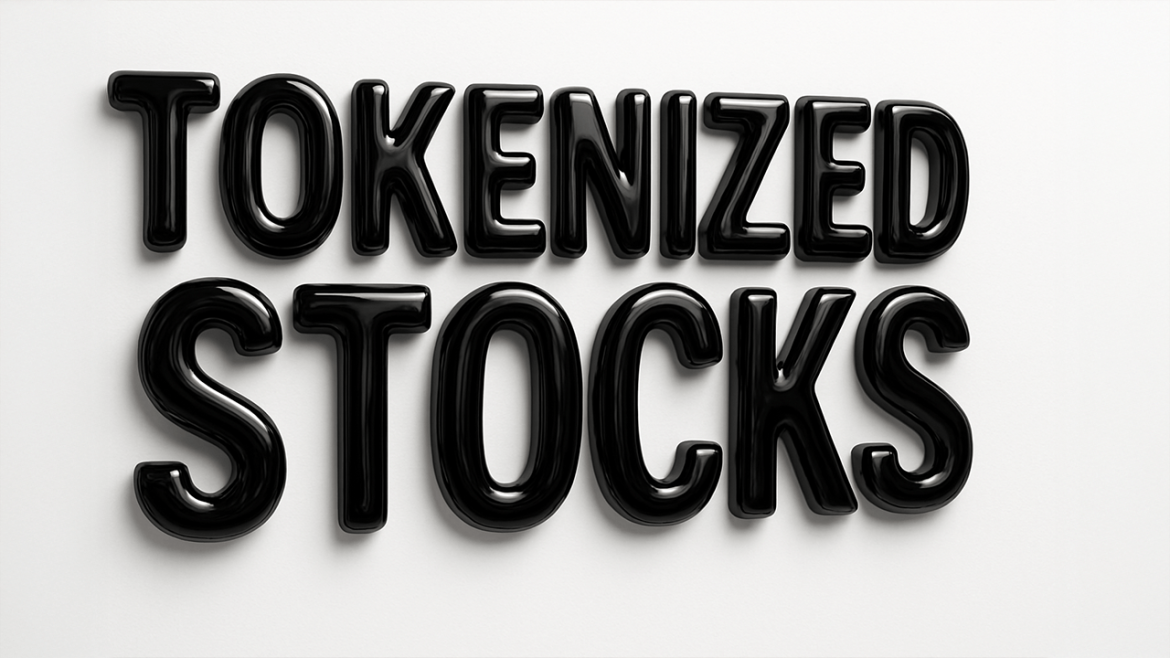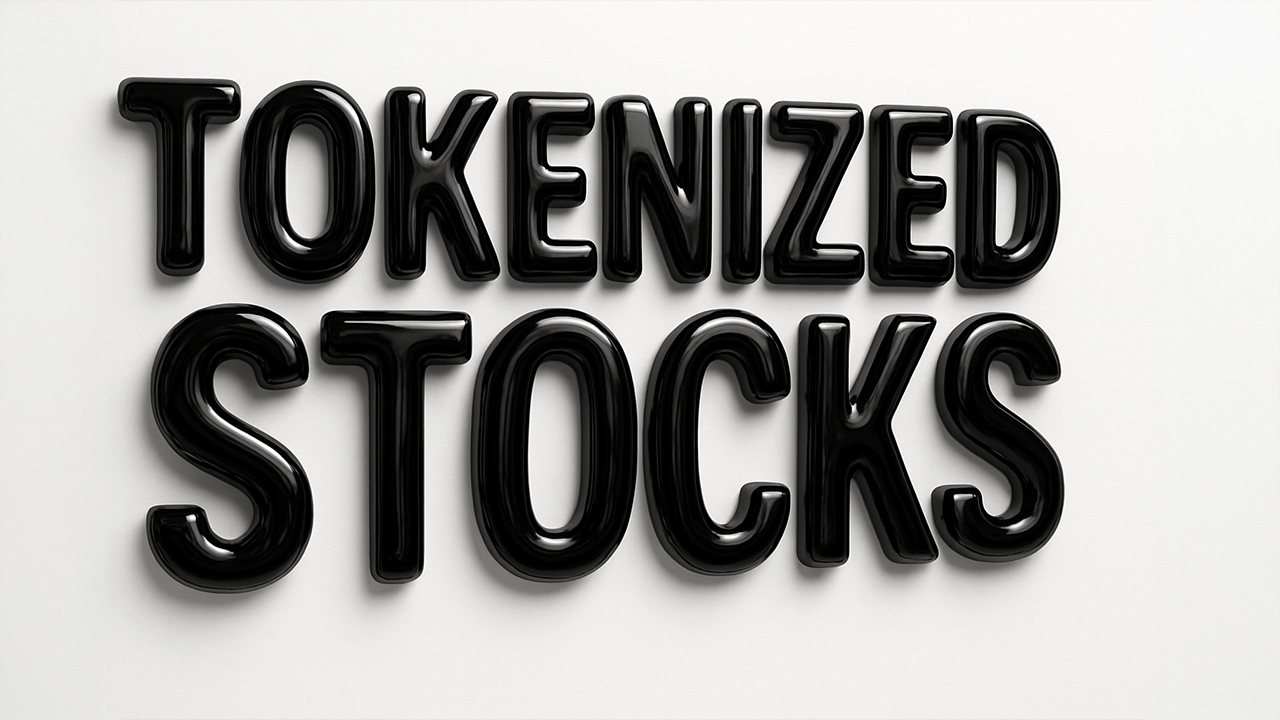Tokenized Equities: A Revolution in Progress, Navigating the Labyrinth
The financial landscape is on the cusp of a transformative shift with the advent of tokenized equities. These digital representations of traditional stock shares, built on blockchain technology, are poised to democratize investment, enhance liquidity, and streamline capital markets. However, the journey toward widespread adoption is fraught with challenges, including regulatory uncertainties, infrastructure gaps, and security concerns. This article explores the promise and pitfalls of tokenized equities, delving into their potential to revolutionize finance while navigating the complexities that lie ahead.
The Promise of Tokenized Equities
Tokenized equities represent a fraction of a traditional stock, recorded on a blockchain. This innovation addresses several long-standing issues in traditional finance:
Democratization of Access
One of the most compelling advantages of tokenized equities is their ability to lower the barriers to entry for investors. Traditional stock markets often require significant capital to purchase whole shares, particularly for high-value stocks like Tesla or Apple. Tokenization allows investors to buy fractional shares, enabling them to participate in the market with minimal investment. This democratization of access can empower a broader range of individuals to build diversified portfolios, fostering financial inclusion and wealth creation.
Enhanced Liquidity
Tokenized equities offer the potential for 24/7 trading, a stark contrast to the limited trading hours of traditional stock markets. This continuous trading capability can significantly enhance liquidity, as investors from around the globe can buy and sell tokens at any time. Additionally, the blockchain’s immutable ledger ensures transparency and reduces the risk of fraud, further boosting investor confidence and market efficiency.
Increased Transparency
The blockchain’s decentralized and transparent nature provides a tamper-proof record of all transactions. This transparency can reduce the risk of fraud and market manipulation, as every transaction is recorded and verifiable. Investors can track the ownership and transfer of tokens in real time, increasing trust in the market.
Reduced Costs
By eliminating intermediaries such as brokers and clearinghouses, tokenization can significantly reduce trading fees and other transaction costs. This cost efficiency makes investing more accessible and affordable, particularly for smaller investors.
Operational Efficiency
Tokenized equities offer immediate settlement, reducing the time and complexity associated with traditional stock transactions. This operational efficiency can streamline capital markets, making them more responsive and adaptable to the needs of investors and businesses.
Navigating Regulatory Uncertainties
Despite the compelling advantages, the path to widespread adoption of tokenized equities is fraught with regulatory uncertainty. The legal status of these digital assets remains unclear in many jurisdictions, creating a significant hurdle for companies looking to enter the space.
The SEC’s Cautious Approach
The Securities and Exchange Commission (SEC) is adopting a cautious approach to tokenized equities. While they acknowledge the potential of tokenized assets, they are primarily concerned with protecting investors and ensuring market integrity. The SEC’s focus is currently on tokenized stocks, considering them the “lowest-hanging fruit” within the broader real-world asset tokenization landscape. This cautious stance reflects the regulatory body’s commitment to balancing innovation with investor protection.
Compliance Risks
Crypto-friendly companies delving into tokenized equities face numerous hurdles, most notably regulatory uncertainty and compliance risks. The rules and regulations regarding tokenized assets often lack clarity, leading to potential compliance issues with securities laws. This uncertainty can discourage companies from entering the market, as they may face legal and financial risks if they fail to comply with evolving regulations.
Addressing Infrastructure Gaps
Beyond regulatory challenges, the tokenized equity market also faces significant infrastructure gaps. The technology is still relatively nascent, and the ecosystem needs to mature before it can support widespread adoption.
Scalability Issues
Blockchain networks, particularly those like Ethereum that are popular for tokenization, can face scalability challenges. As the number of transactions increases, the network can become congested, leading to slower processing times and higher fees. Addressing these scalability issues is crucial for the smooth operation of tokenized equity markets.
Custody Solutions
Custody of tokenized equities is another critical aspect of the infrastructure. Investors need secure and reliable ways to store and manage their digital assets. While several custody solutions are emerging, the market is still evolving, and there is a need for more robust and secure options. Ensuring the safety of investors’ assets is paramount to building trust in the tokenized equity market.
Interoperability Challenges
The tokenized equity market is currently fragmented, with different platforms and protocols operating in silos. This lack of interoperability makes it difficult to transfer tokens between platforms and limits liquidity. Developing standards and protocols for interoperability can help create a more connected and efficient market.
Ensuring Security in Tokenized Equities
Security is paramount in the world of digital assets, and tokenized equities are no exception. The blockchain’s inherent security features offer a degree of protection, but vulnerabilities can still exist.
Smart Contract Risks
Tokenized equities are typically implemented using smart contracts, self-executing pieces of code that reside on the blockchain. If these smart contracts contain vulnerabilities, they can be exploited by hackers, leading to the loss of funds. Ensuring the security and reliability of smart contracts is essential for the safe operation of tokenized equity markets.
Cybersecurity Threats
The platforms and wallets used to trade and store tokenized equities are also vulnerable to cybersecurity threats, such as phishing attacks, malware, and exchange hacks. Implementing robust cybersecurity measures is crucial to protecting investors’ assets and maintaining market integrity.
Regulatory Scrutiny
Regulatory bodies are increasingly scrutinizing the security practices of companies operating in the tokenized equity space. Compliance with regulations such as KYC (Know Your Customer) and AML (Anti-Money Laundering) is essential to prevent illicit activities. Ensuring compliance with these regulations can help build trust and legitimacy in the tokenized equity market.
The Future of Tokenized Equities
Despite the challenges, the future of tokenized equities looks bright. As regulations become clearer, infrastructure matures, and security improves, these digital assets have the potential to revolutionize the financial industry.
Democratizing Investment
Tokenized equities will empower individuals by providing them with access to investment opportunities that were previously out of reach. Fractional ownership will allow people to build diversified portfolios with smaller amounts of capital, increasing financial inclusion and wealth creation.
Enhancing Liquidity
The 24/7 trading and faster settlement times of tokenized equities will significantly enhance liquidity in the market. This will lead to more efficient price discovery and reduced volatility, benefiting both investors and companies.
Transforming Capital Markets
Tokenized equities have the potential to transform capital markets by reducing costs, increasing transparency, and fostering innovation. They can also facilitate the creation of new financial products and services, opening up new opportunities for investors and businesses.
Conclusion
Tokenized equities represent a significant step towards a more democratic, efficient, and transparent financial system. While the path to widespread adoption is not without its hurdles, the potential benefits are too compelling to ignore. As technology evolves, regulations clarify, and infrastructure matures, tokenized equities are poised to reshape the future of finance, empowering individuals, enhancing liquidity, and transforming capital markets for the better. The race is on, and while there are hurdles to overcome, the promise of a more accessible and efficient financial future makes it a race worth running.





